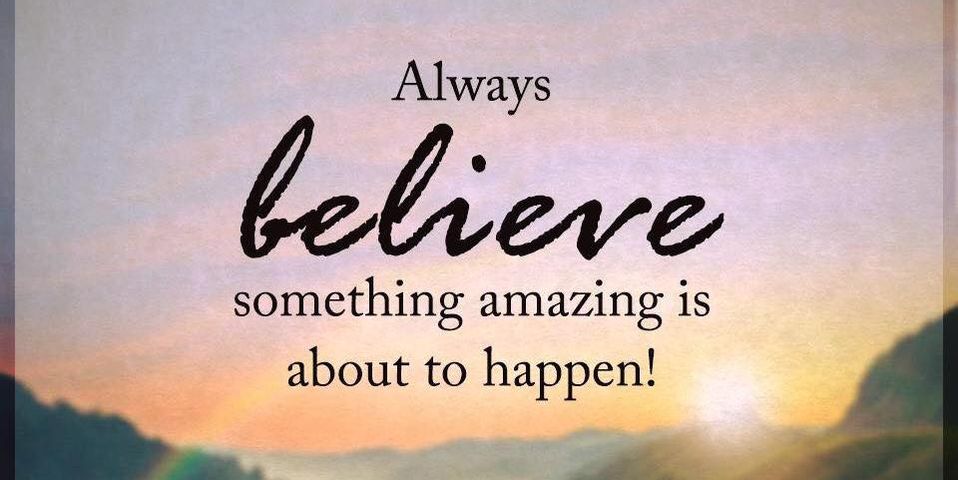
“It’s not what happens, it’s our relationship to what happens that causes reactions”
The way we think about situations, events, circumstances, people, places and things determines how we feel. It is this emotion and physical reactions that alters and causes behaviors. For example, something happens, we have a thought or belief about that situation or event, we experience feelings in response to that thought or belief and then react or practice a behavior in accordance with that feelings.
The thing is, most of the time, the thought or belief about a given situation is an unconscious one. These thoughts pop into our mind without our permission that causes the feeling and “makes” us react. When I say “makes” us react, I mean, we have conditioned cognitive distortions or messed up ways of thinking that create a cycle of negative psychology that stops us from being happy in all areas of our lives.
Here’s a real-life example. I just ate dinner and I have a “sweet tooth” so I always have a piece of chocolate after dinner or I’m super “stressed out” from work or the kids, I need a drink or two to relax.
In these two scenarios, even though we know this type of habit is detrimental to our fat loss goals, we do it anyway. We find a way to deny, justify, rationalize, intellectualize, minimize, compare and avoid the reality of the situation because admitting the reality is in direct opposition to the ego. The ego doesn’t want us to be disciplined and be uncomfortable. The ego wants everything to be easy. It wants the path of least resistance. The ego wants to protect itself against reality and satisfy instant gratification.
Using the above examples, the event is dinner. The thought or belief is that I have a sweet tooth. The feeling is the craving for sweets and the reaction is to eat the sweet. The same goes for the “stress relieving” drink. The event is coming home from work. The belief is, I need a drink to relax. The feeling is stress and the reaction is to have a drink. I am not saying you can’t eat chocolate or have a drink. What I am attempting to do is to challenge you to consciously think about the process. Do we have a sweet tooth or is that a story we tell ourselves to justify and rationalize eating sweets every night after dinner? This is just one example of behaviors we exhibit automatically.
The unfortunate thing is, we do this all day everyday and rarely catch these fallacies of thought or belief. We rarely check the validity of the conditioned thought or belief and we rarely challenge the thoughts or beliefs. Without the awareness to catch, check and challenge the thought process behind our actions, we can not change our behavior. The difficult part in many instances is, when we do become aware of the process, make a commitment to change and falter, we tend to beat ourselves up about it. We don’t see the positive of how far we’ve come. We identify with the mistake and shame ourselves. We blow the situation out of proportion and we “should” all over ourselves. In the meantime, we are lowering our self-esteem and self-efficacy which decreases the likelihood of us getting back on the horse immediately and going again. We get discouraged.
So, here is the takeaway. Pay attention to the stories you tell yourself. Check to see if they are truly valid or is the story distorted. Challenge that thought or belief and watch yourself grow. The thing is, we don’t have to believe every thought we have. We have a faculty and ability to think, is this thought True? Is it Helpful? Is it Inspirational? Is it Necessary and is it Kind?
You deserve to write your own story and not the one you were conditioned to believe.
Michael Keane
About the Business
Have a question? Ask the experts!
Send your question

